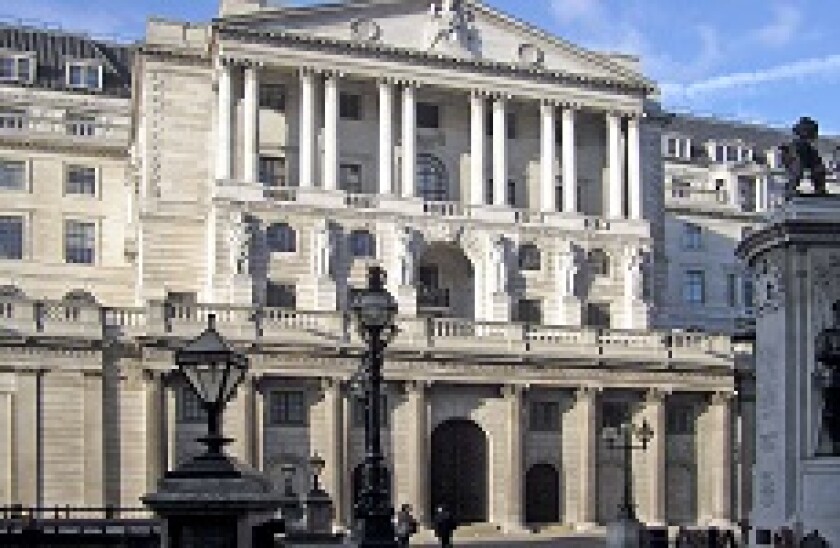The official line from Threadneedle Street over the summer is that the UK is reaching dangerous levels of consumer indebtedness, with consumer debt from credit cards through to auto loans highlighted by the central bank.
According to its latest figures, unsecured consumer borrowing surpassed £200bn in June, the first time since the crisis.
£1.5bn was borrowed by UK consumers in June. While lower than the £1.8bn borrowed in May, the annual growth rate of consumer debt has been above 10% and has been since last April.
When combined with negligible income growth and falling household savings rates, the buffer between borrowers paying back their loans and slipping into arrears appears to be thinning.
In this light, Moody’s downgraded its outlook for most of the collateral backing UK ABS to negative, with only prime mortgages maintaining a stable rating.
Over the past several years, lenders have also begun to lend to borrowers lower on the credit spectrum than traditional prime borrowers. This not a just a UK phenomenon, either — subprime auto and mortgage lending is on the rise in the US as well.
Some of the widening of lending criteria follows encouragement from governments and regulators, but it also make economic sense for lenders given that the rates on prime loans are so low.
Given this perilous environment, the Bank of England has tasked lenders with proving that they can handle the growing stress of consumer debt by the end of September.
While lenders shouldn't lend to consumers who cannot hope to repay their debts, the Bank of England itself has an important role in reducing borrower appetite for credit.
It is no coincidence that the record levels of debt taken on by UK consumers has come at a time when interest rates have been at historically low levels.
Until the Bank of England adopts a rates policy that leans less heavily in favour of borrowing, one cannot expect consumers to stop their credit binge. They are responding, in part to the low cost of borrowing — a cost which the Bank sets by deliberate policy. This should be front of mind for Mark Carney and the monetary policy committee when they meet this week.

